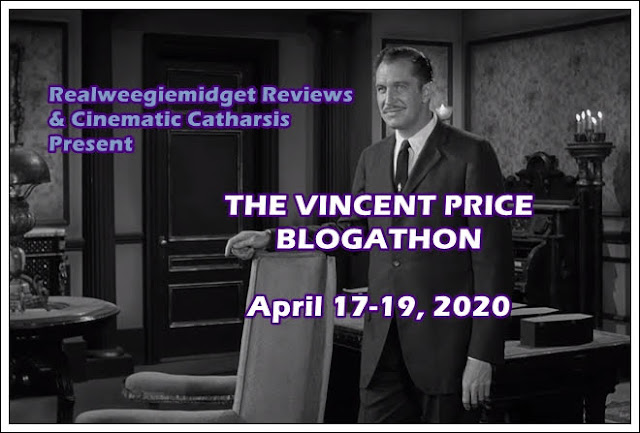Dragonwyke (1946) & The Pursuit of Happiness
It's been a (long) long (time) time (comin') comin'
It's going to be (long) a long (time) time (gone) gone
But you know the darkest hour
Is always, always just before the dawn
- Crosby, Stills and Nash
I wasn't sure where I was going to go with my thoughts on this movie. I've never blogged before so you can expect a quick read. I am grateful that this movie helped me understand my father a bit more. He was born in Brooklyn in 1912, so he carried a bit of the old ways with him. I never quite understood why he used the word "Dutchman" under his breath at times. I think the legacy of the Patroon may have lasted generations in New York. For those of you that haven't seen the movie or studied the history of New York, patroons were manorial lords... wealthy Dutch landowners that reaped the benefits of a feudal farm system. The farmers were mostly German or Scotch-Irish settlers.
I do know that I thoroughly enjoyed watching Dragonwyke repeatedly and picking up nuances each time. As it's playing in the background, I imagined Joseph L. Mankiewicz directing Gene Tierney for a more perfect swirl on the skirt of her dress as she "girlishly" brings home a letter to her mother.
Before we even see our friend Vincent Price, I was once again impressed with the portrayal of a down to earth, hard working American in Ephraim Wells by Walter Huston. Do they get any better than him? He is the salt of the earth. There are no fine lines between good and evil, and he has no qualms in telling you so. Really quite inspiring. I could quote his lines all day and then some!
- Even a little bit of evil cannot be good, Miranda.
- Everything is what no man should ever want.
Without rehashing every scene, let me just say that when Nicholas van Ryn makes his entrance this is when I first discovered, as a young girl, what elegance and class were. Mr. Price - you may be cold, and at times cruel, but you hold yourself well.
Dragonwyke carries so many messages about our relationships with each other and our ties to a greater power. The theme that really got the emotions stirring in me was the struggle throughout most of the story, of the common man and his inalienable rights. Hit me right in the Id. Enter Klaus Bleeker. Harry Morgan plays the tenant farmer with absolute fire. He's steaming!
It's the year 1844 and time for the annual 4th of July celebration. It
is also the time for the farmers to pay "tribute" to their patroon.
Vincent Price plays the heavy... how could you not hate him? Arrogant,
unkind, treacherous. I would like to pay tribute to Mr. Price's
willingness to take on the role of the heel with gusto. There are one or
two scenes where Nicolas smiles or laughs with Miranda Wells. The
essence of his true warmth shines through.
"Take your hat off when you speak to the patroon!"
...Here comes the fire... go, Klaus, go. Speak the truth. Raise your voice.
"I'm a free American citizen! I take my hat off to no man!... For two hundred years the Bleekers have worked the hill farm. We've paid the worth of it many times over. Well, here's the finish!"
Dr. Jeff Turner, played by Glenn Langan, as the advocate for the reform unsuccessfully tries to mediate the situation. "Man, take your head out of the sand and help to solve this problem peacefully."
Nicolas Van Ryn sets his fate. "I shall say a few words about what has just happened and they shall be my last... just what is it that he wants you to want so passionately? It has an assortment of highly romantic names. The Rights of Man, Life, Liberty and the Pursuit of Happiness and such. And all those will be yours with the titles to a few acres of soil... But my rents and tributes, and responsibilities, are hereditary. The symbols to a way of life to which I have been born and in which I shall continue to live. I shall never relinquish my position."
Nicolas, if only you could stop and think. You are miserable, the farmers are miserable. What's the point? From here on in, the story takes one dark turn after another. In the end, all is made right. John Young is elected Governor of New York in 1846 and the manorial system was abolished.
We realize that even though we loved Klaus Bleeker's fire and energy, Dr. Turner was the true hero of the story. The reasonable man, the man in the middle, trying to find a way to solve a problem that brings the least amount of suffering to all. Thank you, Dr. Turner. It was a hard path, but worth it.








Comments
Post a Comment